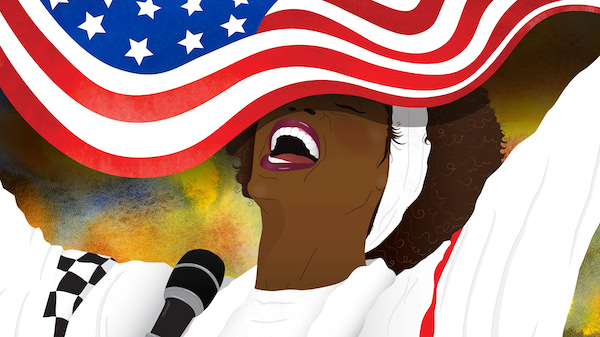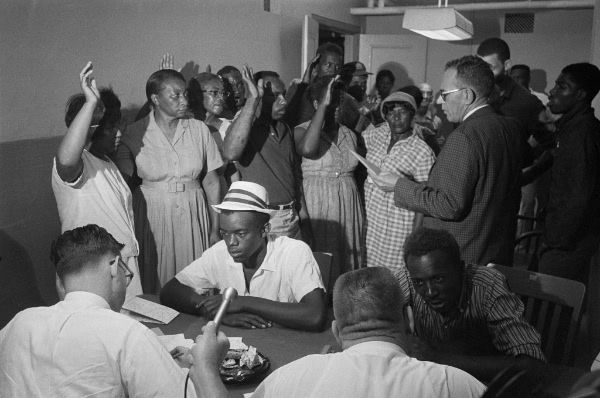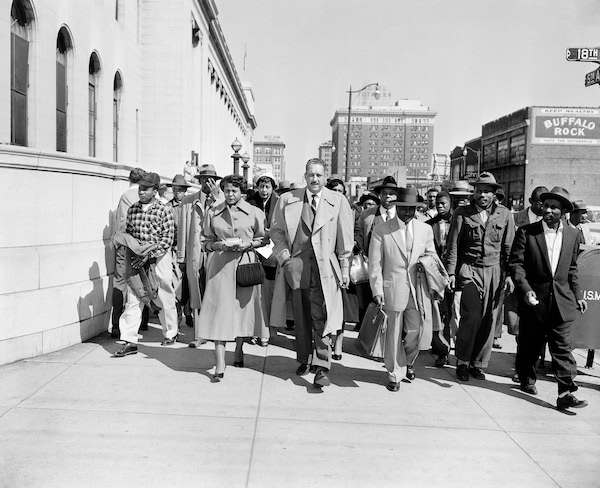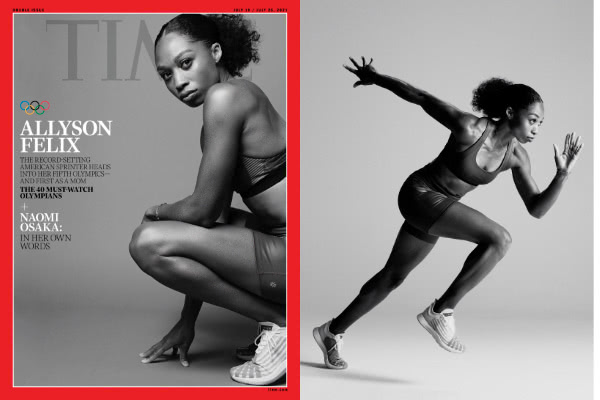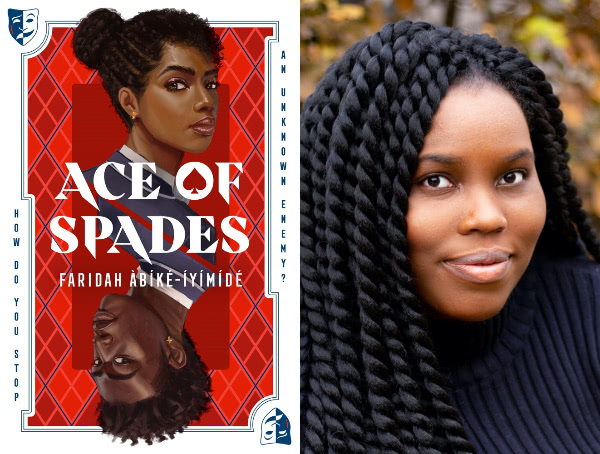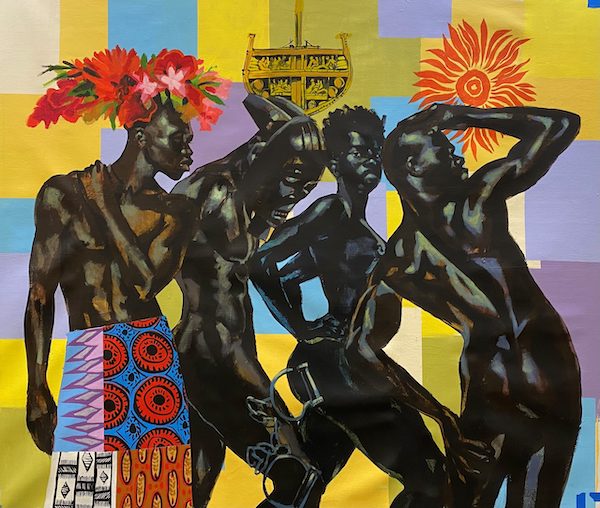Whitney Houston, American girl
Vox’s Constance Grady explores the dangers of being America’s sweetheart by way of Whitney’s rise and fall from grace:
“There she stands, Miss Black America,” began a Time magazine profile of Whitney Houston in 1987. “With her impeccable face, sleek figure and supernova smile, she looks like a Cosby kid made in heaven. She stirs sentiments not of lust but of protectiveness and awe; everybody around wants to adopt her, escort her or be her. And now this perfect creature picks up a microphone. Oh. You mean she sings too?”
“What do you think of when you hear the name Whitney Houston?” people are asked.
“America,” says a young white girl. “The national anthem, that’s the first thing I think of.”
The image stuck. As Houston began to publicly struggle with addiction, the press kept making confused references to those halcyon days when Whitney Houston meant America.
Do read the whole thing, it’s extraordinarily good.
Win or lose, Black European soccer players can’t escape racism
Khaled A. Beydoun, writing for The Undefeated:
While the three Black footballers who proudly wore the English crest on their chests throughout the tournament alongside star striker Sterling contributed heavily to the host nation’s historic run, racists disqualified them as Englishmen when the magic stopped.
Welcome to Jim Crow 2.0
Charles Blow for the New York Times:
Just as in the 1890s, the courts and Congress are not doing much to stop the march of voter suppression. In 1890, Benjamin Harrison, a business-minded liberal who believed in Black people’s right to vote, was in office. He endorsed the federal elections bill that would protect Black people from raging voter suppression in the South.
The bill passed in the House but languished and died in the Senate — even though liberals controlled both chambers — in part because those liberals were more focused on other issues.
Then, as The Washington Post reported, around the time of the Mississippi constitutional convention, “African Americans from 40 counties in Mississippi had protested to President Benjamin Harrison, but he declined to intervene.”
President Biden hasn’t declined to intervene, but he has dragged his feet and not used the full force of the bully pulpit and still hasn’t given a full-throated endorsement of ending the filibuster to protect voting rights.
America is having a déjà vu moment, reliving in real time a horrendous history of more than a century ago, and it is impossible to understand how Democrats in Washington don’t see that.
What Thurgood Marshall Taught Me
Author and Yale Law professor Stephen L. Carter, a former clerk for Marshall, the first Black Supreme Court justice, shares what he learned from the man he calls the Judge:
I once asked him what he thought of John W. Davis, the prominent lawyer who argued the other side in one of the consolidated cases known collectively as Brown v. Board of Education [...]
Naturally, I assumed that the Judge would heap hellfire and damnation upon Davis’s head.
I was mistaken.
“John W. Davis?” Marshall said with a smile. “A good man. A great man, who just happened to believe in that segregation.”
Marshall wasn’t being facetious. He was making a point, one he made over and over. To the Judge, those who disagreed with him on the most important moral issue of the 20th century in America did not thereby lose their humanity.
How is that possible? Because he was able to reach across that deep moral divide and find commonalities with those on the other side. Only rarely did he see his opponents as evil; most were simply misguided. People, he knew, can be complicated.
Allyson Felix Didn’t Let Motherhood Slow Her Down
Sean Gregory profiles the six-time Olympic gold medalist for Time:
Felix then took a bigger leap: in a New York Times op-ed, she accused Nike, her longtime sponsor and a kingmaker in her sport, of penalizing her and other pregnant athletes in contract negotiations. The move was fraught. Felix risked losing her primary source of income and could have been blacklisted from major meets.
Felix soon left Nike and signed with Athleta, becoming the women-focused apparel brand’s first athlete sponsor, paving the way for Simone Biles to make a similar move to Athleta in April. On June 23, Felix announced the founding of her own footwear and apparel brand, Saysh. Far from following corporate expectations, Felix is now taking full agency over her career—and legacy.
Felix and Athleta recently created a $200,000 fund to help pay child care costs for other athletes who are also mothers.
‘Ace of Spades’ Is This Summer’s Must-Read YA Novel
Marie Clare’s Danielle Prescod reviews Ace of Spades and profiles its author, Faridah Àbíké-Íyímídé, who at 21 years old landed a million dollar deal for two young adult fiction novels:
What I notice immediately about Chiamaka’s character, though, is that she’s, well, a mean girl, a role that has been done to death by famous white women throughout history but almost never crosses the invisible racial barrier. Faridah has thoughts on this too: “Sometimes I get reviews and some people really love her. And then, some people are like, ‘She’s the worst human being, ever!’ But I think people are going to already be critical of Black girls by nature, because we’re not seen as palatable enough for them anyway. To be quite unapologetic about yourself and not try to make the white people like you, you’re already going to push past the limit. I think, especially with Black girls, we often need to shrink to smaller versions of ourselves and Chiamaka does do that, but at the same time, she kind of stands out so that she can win the same game that white girls are winning, but she knows she has to put in more work. So I think it’s kind of radical.”
Charly Palmer at the Hammonds House Museum
“I want to paint the way James Baldwin makes me feel: warm, loved and understood.”
Thanks for reading. See you next week.

